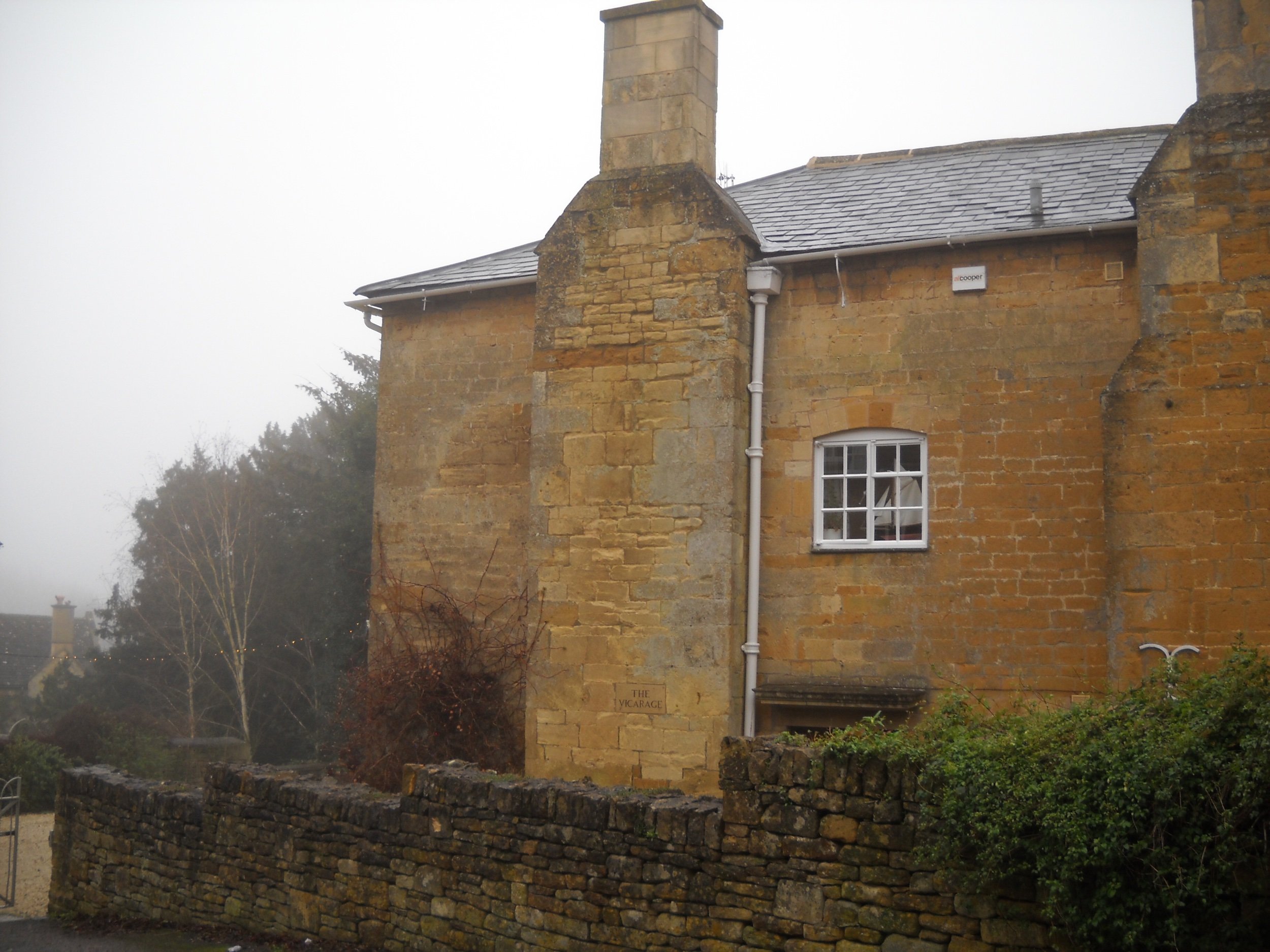Economic Feasibility of Land Development Projects
Economic Feasibility Focal Points:
I have beat a steady drum along the way about doing all of the pre acquisition homework necessary to avoid raw land development problems, in particular the homework to be done before closing. Issues discussed have included environmental assessment, purchase contracting, raw land inspections, utility availability, impact fees, mitigation fees and topography, just to name a few out of over 70 posts-to-date.
Economic feasibility in my opinion is the determination of how likely a project can be successfully completed for a profit within a projected timeframe. The elements of economic feasibility that I use are described as follows:
Who are my buyers going to be?
Since my signature product has been mostly 5 acre residential lots I could try to get by with saying “well, my target buyers are anyone who is looking for a 5 acre lot”. That is not sufficient since I have done 5 acre projects with million dollar homes on them and ones that were sold to first time and step up buyers building spec houses. The key factors for me are where the project is located, what other 5 acre lots have sold for in the recent past and what was built on them, absorption rate and any special considerations of the land like views. The realistic target buyer and the economic buying power they come to the table with are the key to closed sales.
Competitive activity:
The flavor of a given market area can be determined by what is already there outside of my project, along with what my competition has in the pipeline with the county. My economic feasibility looks a heck of a lot better if I am bringing one hundred 5 acres lots to market and the rest of the competition is a year behind in permitting. I know other developers who claim they could care less what their competition is doing, but I guess that would get me to wondering why I see their trucks driving through my projects from time to time.
Projecting gross sales revenue:
What gross sales do I estimate for the project? If my project will be coming to market in 2 years, an estimate of present market values must be determined. Then an analysis of market trends. Is the market going up, down, or is it stagnant? A thorough market analysis of actual closed sales of like-kind properties should be conducted, along with a projected value, by lot, to come up with the gross revenue estimate.
Fixed development costs:
I know guys that will say there are no fixed costs in land development, but that’s not really true. An example would be the cost of impact fees or water hook up fees. Of course these are subject to change over time, but they are not regularly adjusted upwards in most cases. The point is that I think of fixed costs as the ones most reliably estimated to not change. Another fixed cost is the cost that has already been bid and contracted for (most of the time), plus the cost that has been completed and paid for. In a nod to the naysayers, I will agree that I have had fixed costs that suddenly became variable. That’s one reason why land development is speculative.
Variable development costs:
Here’s the killer. These are the costs that make us all lose sleep. What will the cost of asphalt be in 2 years when I am ready for road construction? How much more am I going to be spending because the county is requiring a major design modification? I have stated before that I have never finished a project where my final costs matched my estimated variable costs. Having finally surrendered to that fact, I always have a contingency cost line on my projections and I don’t apologize to investors for it.
Conclusion of economic feasibility:
At some point a developer has to reach a conclusion as to the economic feasibility of a prospective project and either walk away, adjust the goals, negotiate, or move forward to closing. The areas cited above are my main areas of focus, but there are significant other factors that need to be considered, many subject to the actual property characteristics and physical location.
As always, as much of the feasibility work that can be done prior to closing is almost always the best practice for a developer. If I work for someone that already owns the land I still conduct these steps and use them to modify design, targets and revenue expectations. The best of all options is to conduct these feasibility investigations during the property inspection, prior to closing. Good luck and be smart about economic viability!






